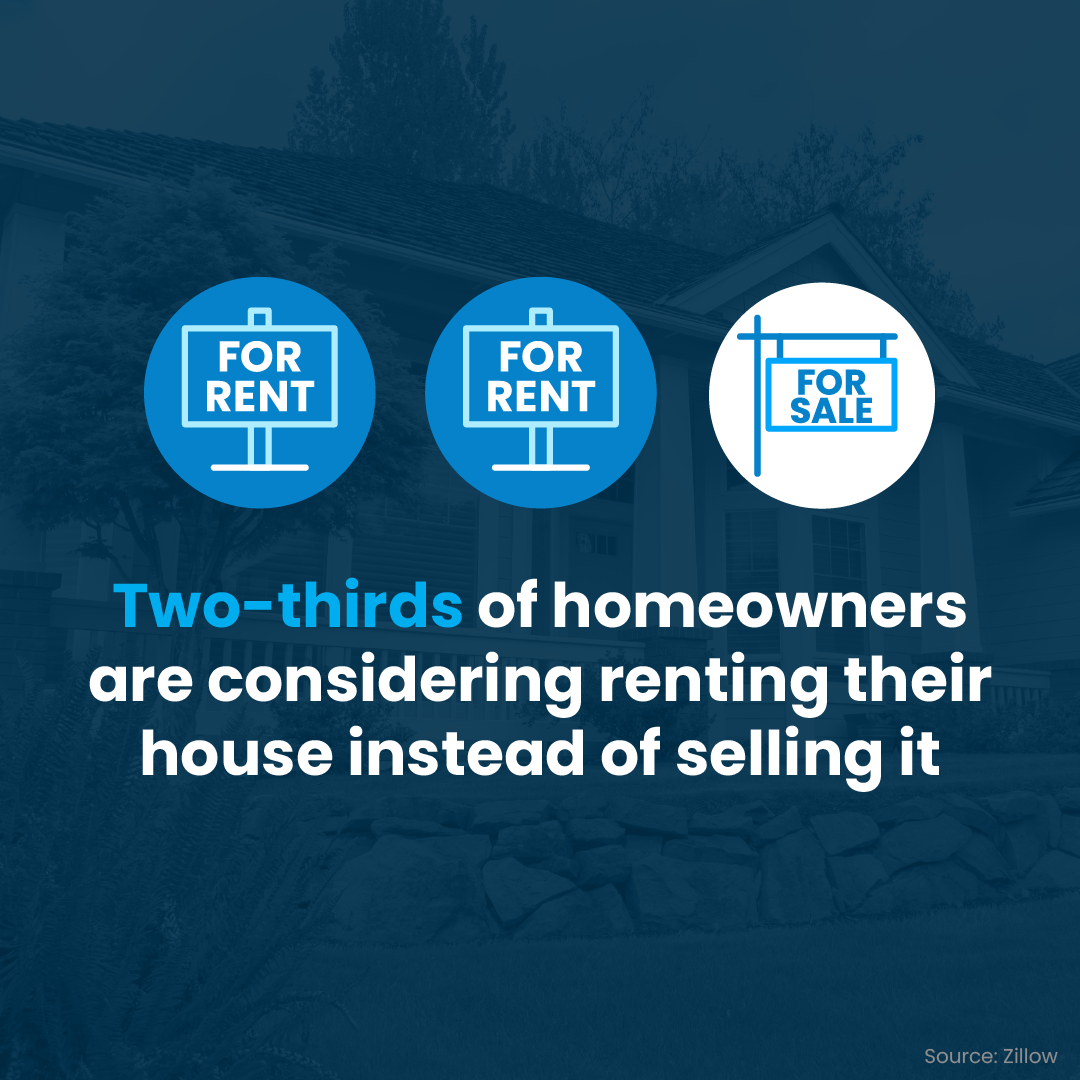"Avoid Costly Mistakes! The Essential Do's and Don'ts for New Landlords"

The Do’s and Don’ts of Property Management for New Landlords
Congratulations! You’ve taken the leap into property ownership, and now you’re officially a landlord. Managing rental properties can be incredibly rewarding, but it also comes with challenges that can quickly overwhelm even the most enthusiastic newcomers. From tenant selection to maintenance issues, there are plenty of opportunities to either thrive or stumble as a landlord.
As an experienced property manager, I’ve worked with dozens of new landlords over the years. I’ve seen what works—and what doesn’t. So, if you want to set yourself up for success while avoiding costly mistakes, here’s a breakdown of the do’s and don’ts of property management.
The Do’s of Property Management
Let’s start with the proactive steps that can make all the difference in your property management journey.
Do Screen Your Tenants Thoroughly
Your tenant can either be your greatest asset or your biggest headache. Skipping tenant screening is a recipe for trouble. I’ve had landlords come to me after renting to a “friend of a friend” who turned out to be a nightmare—skipping rent, damaging the property, and even hosting unauthorized tenants.
To avoid this, make tenant screening a top priority. Here’s what to include:
- A credit check to ensure they have a history of paying bills on time.
- Employment verification to confirm a stable income.
- Rental history references to see how they’ve treated other properties.
Pro Tip: Don’t rely solely on your gut feeling when meeting a tenant. Trust, but verify.
Do Have a Solid Lease Agreement
A good lease agreement isn’t just a piece of paper—it’s your safety net. It clearly outlines expectations for both you and the tenant, covering things like rent due dates, late fees, maintenance responsibilities, and rules for the property.
I’ve seen landlords who used vague or outdated lease agreements and ended up losing money in court disputes. For example, one client didn’t include a late fee policy in their lease, so when a tenant repeatedly paid rent weeks late, there was nothing they could do.
Pro Tip: Use an attorney or property manager to draft a lease that complies with local laws and protects your interests.
Do Conduct Regular Property Inspections
Routine inspections are key to catching small issues before they become major problems. Skipping inspections can leave you blindsided by damages or neglected maintenance.
One landlord I worked with didn’t inspect their property for two years. When they finally did, they discovered the tenant had been housing multiple cats (against the lease) and the carpets were ruined. A simple quarterly check could have prevented this.
Schedule inspections:
- Move-in/Move-out: Document the property’s condition with photos.
- Quarterly or biannual: Check for maintenance issues and ensure lease compliance.
Do Keep Emergency Funds for Repairs
Repairs are inevitable, whether it’s a leaky faucet or a broken HVAC system. I recommend setting aside 10-15% of your rental income for unexpected expenses.
One landlord I know learned this the hard way. Their tenant called in the middle of winter because the furnace had stopped working. Without emergency funds, the landlord had to scramble to cover the repair costs out of pocket.
Pro Tip: Regular maintenance can help prevent costly emergencies. For instance, annual HVAC servicing is much cheaper than a full replacement.
Do Stay Compliant with Local Laws
Landlord-tenant laws vary by state and city, and failing to comply can result in fines or lawsuits. I’ve seen landlords unknowingly violate security deposit laws or mishandle eviction notices, only to find themselves in legal trouble.
For example, in California, landlords must return a tenant’s security deposit within 21 days and provide an itemized deduction list if money is withheld. Missing this deadline can lead to penalties.
Pro Tip: Stay informed about local laws or partner with a property manager who can handle compliance for you.
The Don’ts of Property Management
Now that we’ve covered what you should do, let’s talk about what to avoid. These missteps can lead to unnecessary stress and financial loss.
Don’t Ignore Tenant Communication
Good communication is the foundation of a successful landlord-tenant relationship. Ignoring tenant concerns can lead to frustration, disputes, and even vacancies.
One of my clients ignored repeated complaints from a tenant about a leaky roof. By the time they addressed it, the tenant had already decided not to renew their lease—and the roof repair cost more due to the delay.
Pro Tip: Respond promptly to tenant concerns, even if it’s just to acknowledge the issue and let them know you’re working on a solution.
Don’t Underestimate Maintenance Needs
Neglecting maintenance might save you money in the short term, but it will cost you more in the long run. Tenants are more likely to leave if repairs are delayed, and unresolved issues can lead to expensive property damage.
For example, a small plumbing leak left unattended can turn into a major water damage problem. Addressing maintenance issues promptly not only saves money but also keeps tenants happy.
Pro Tip: Schedule seasonal maintenance (like gutter cleaning or HVAC servicing) to prevent bigger problems.
Don’t Set Unrealistic Rent Prices
Setting the right rent is a balancing act. Overpricing your property can lead to prolonged vacancies, while underpricing leaves money on the table.
I once had a landlord insist on listing their rental $200 above market value. The property sat empty for three months before they finally adjusted the price. Those three months of lost income were far more expensive than pricing it correctly from the start.
Pro Tip: Research local market rates or consult with a property manager to determine fair pricing.
Don’t Skip Tenant Documentation
Verbal agreements and undocumented actions can lead to confusion and disputes. Always document lease agreements, rent payments, maintenance requests, and any communication related to the property.
For example, if a tenant claims you agreed to lower their rent and you don’t have written proof, you could face legal challenges.
Pro Tip: Provide tenants with copies of all agreements and keep detailed records for yourself.
Don’t Try to Do Everything Alone
Managing a property can quickly become overwhelming, especially if you have multiple units. Trying to juggle tenant issues, maintenance, and compliance on your own often leads to burnout.
I’ve worked with landlords who finally hired a property manager after years of DIY management. Their biggest regret? Not outsourcing sooner. By delegating the day-to-day tasks, they were able to focus on growing their portfolio and enjoying their free time.
Pro Tip: If you feel overwhelmed, consider hiring a property manager or using property management software to streamline tasks.
Setting Yourself Up for Success
Build a Network of Professionals
A reliable network of contractors, attorneys, and property managers is invaluable. These professionals can save you time, money, and stress when issues arise.
Educate Yourself Continuously
The rental market and landlord-tenant laws are always changing. Take courses, attend seminars, or join landlord associations to stay informed.
Treat Your Rental Like a Business
Your rental property isn’t just an investment—it’s a business. Keep detailed financial records, make data-driven decisions, and remain professional in all interactions with tenants.
Conclusion
Being a new landlord is a rewarding journey, but it comes with a learning curve. By following these do’s and avoiding the don’ts, you can protect your investment, keep your tenants happy, and build a successful rental business.
Remember, you don’t have to go it alone. If managing your property feels overwhelming, consider partnering with a professional property manager who can handle the heavy lifting while you enjoy the rewards of being a landlord.
Ready to take the stress out of property management? Contact us today to learn how we can help you maximize your rental income and minimize the hassle.




